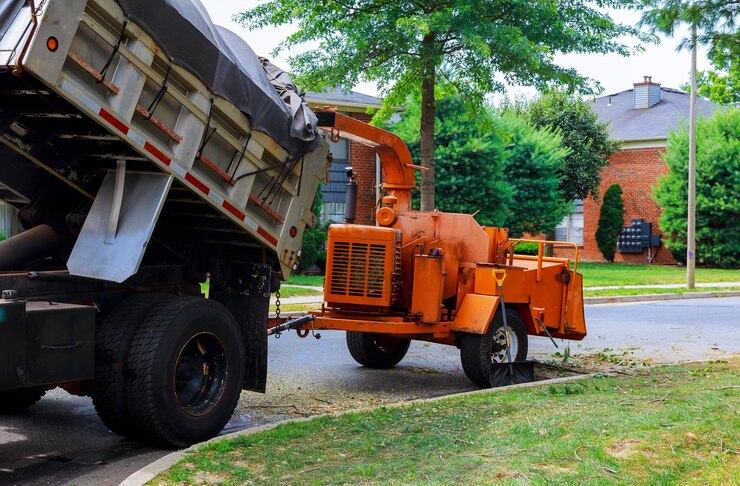Home renovations and construction projects can generate a significant amount of waste, making efficient waste management crucial for a successful outcome. Without a proper plan in place, waste can quickly accumulate, causing safety hazards, environmental concerns, and project delays. In this article, we’ll explore the importance of waste management and provide guidance on finding the right solutions for homeowners and contractors.
Understanding the Importance of Waste Management
Proper waste management is essential for maintaining a safe and healthy work environment. Construction and demolition projects generate a significant amount of waste, including hazardous materials like asbestos, lead, and chemicals. If not disposed of correctly, these materials can pose serious health risks to workers and the general public.
The Benefits of Temporary Waste Containers
Temporary waste containers, such as dumpsters, provide a convenient and efficient way to manage waste on-site. The residential dumpster rentals offer homeowners and contractors a flexible solution for waste disposal, allowing them to focus on their project rather than worrying about waste removal. With a temporary waste container on-site, workers can quickly and easily dispose of waste, reducing the risk of accidents and injuries.
Choosing the Right Waste Management Solution
Selecting the right waste management solution is critical to ensuring efficient waste disposal. Homeowners and contractors should consider the scope of their project, the type of materials being used, and the amount of waste generated when selecting a waste management solution. This may include dumpster rental options, recycling services, or specialized waste disposal services.
Waste Streams in Home Renovations
Home renovations and construction projects produce a diverse range of waste streams. These include construction materials such as drywall, lumber, and roofing materials, as well as packaging materials like cardboard, plastic, and paper. Additionally, hazardous materials like asbestos, lead, and chemicals are also generated. Identifying and understanding these waste streams is crucial for selecting the appropriate waste management solution and ensuring that waste is disposed of in an environmentally responsible manner. This knowledge helps homeowners and contractors to develop effective waste management strategies and minimize the environmental impact of their projects.
Waste Management Regulations and Compliance
Homeowners and contractors must comply with local waste management regulations and guidelines. Failure to comply can result in fines, penalties, and project delays. It’s essential to understand local regulations and guidelines, including those related to hazardous waste disposal, recycling, and waste transportation.
Best Practices for Waste Reduction
Effective waste management is key to a successful home renovation or construction project. To minimize waste and reduce costs, homeowners and contractors should develop a comprehensive waste management strategy. This includes designating specific areas for waste disposal and recycling, and regularly emptying temporary waste containers to prevent overflow. Additionally, maintaining a clean and organized work environment helps to reduce waste and improve overall efficiency. By implementing these best practices and selecting the right waste management solutions, homeowners and contractors can ensure a safe, efficient, and environmentally responsible project outcome.
Conclusion
Efficient waste management is critical for any home renovation or construction project. By understanding the importance of waste management, choosing the right waste management solution, and complying with local regulations, homeowners and contractors can ensure a safe, efficient, and successful project outcome. Remember to consider temporary waste containers, such as dumpsters, and follow tips for efficient waste management to minimize waste and reduce costs.

